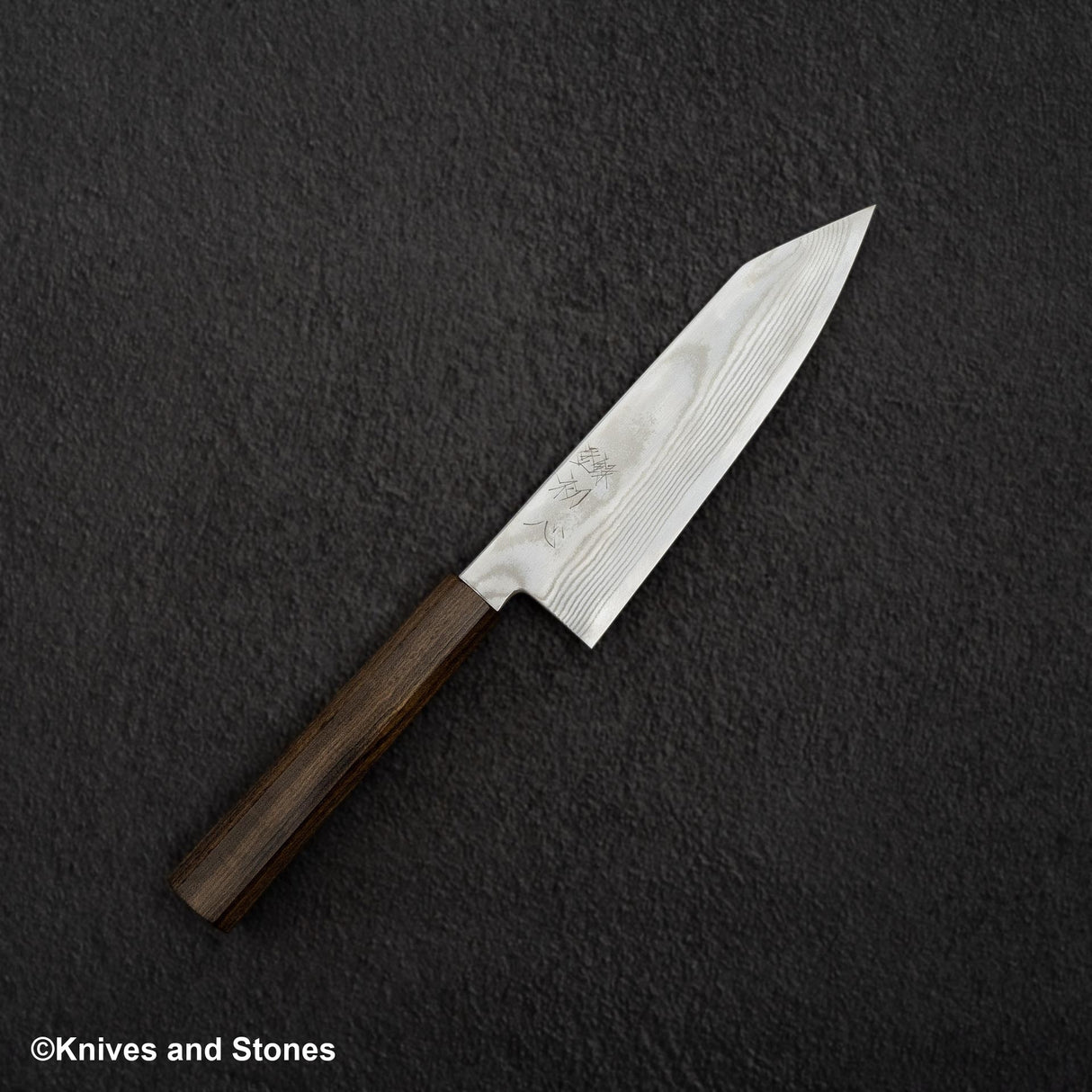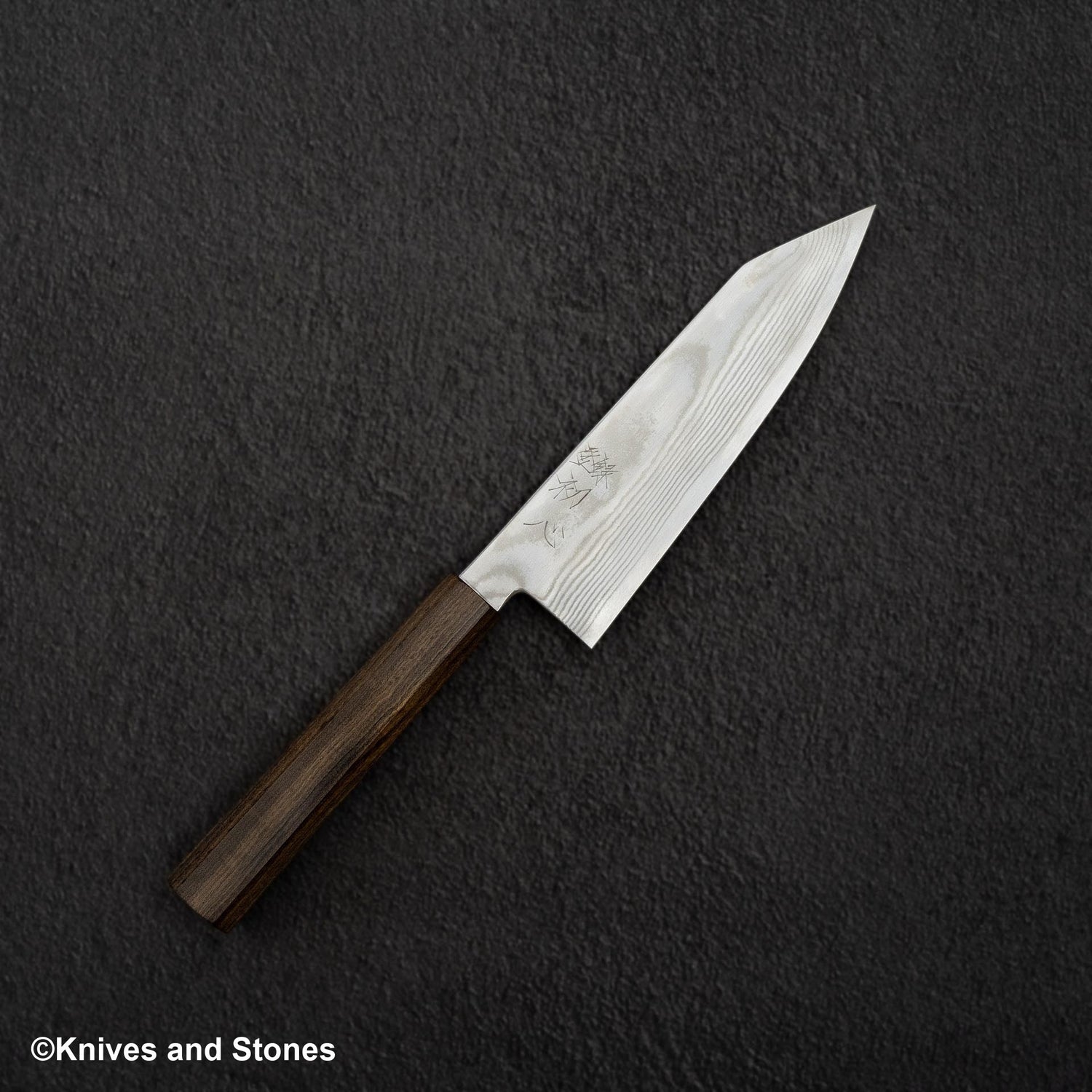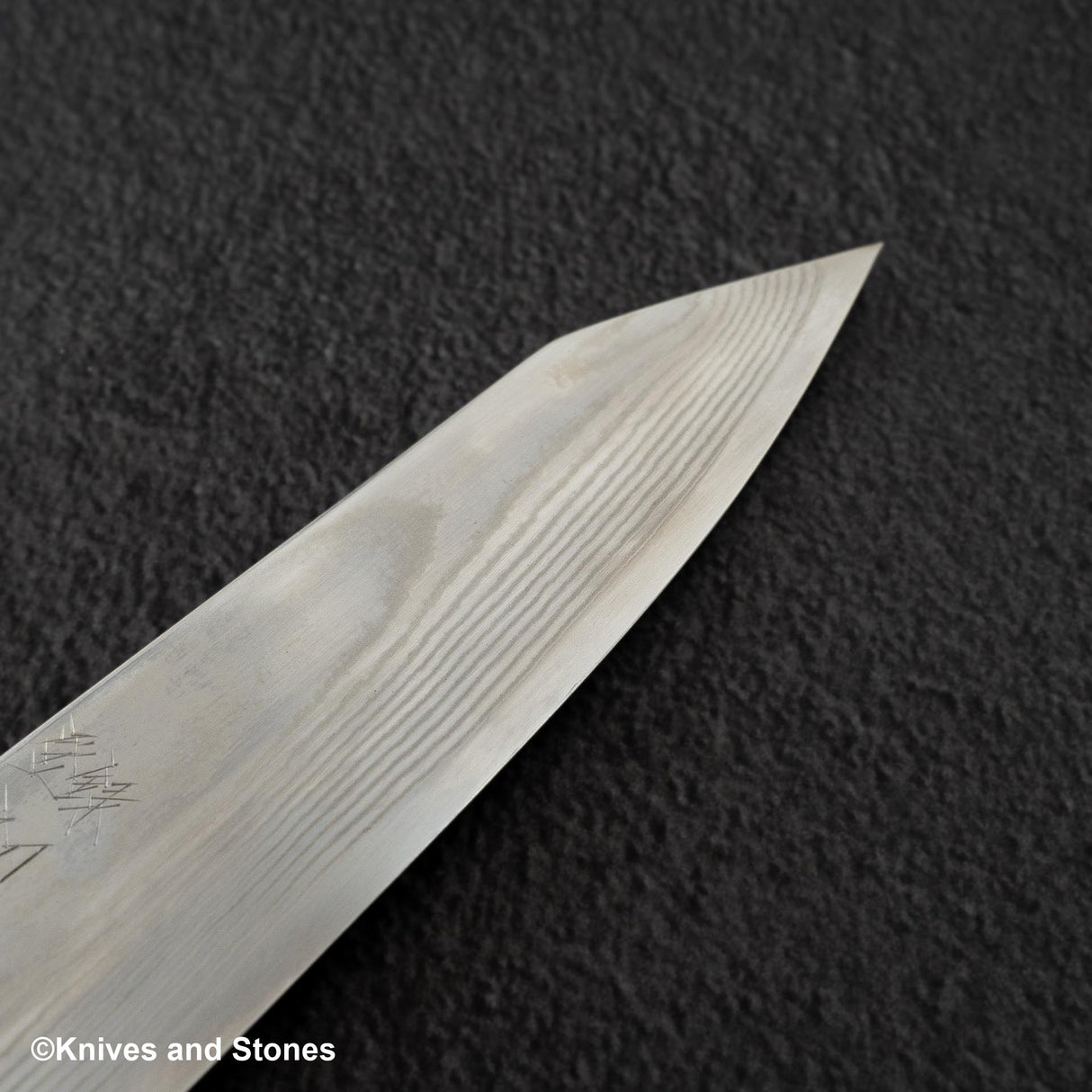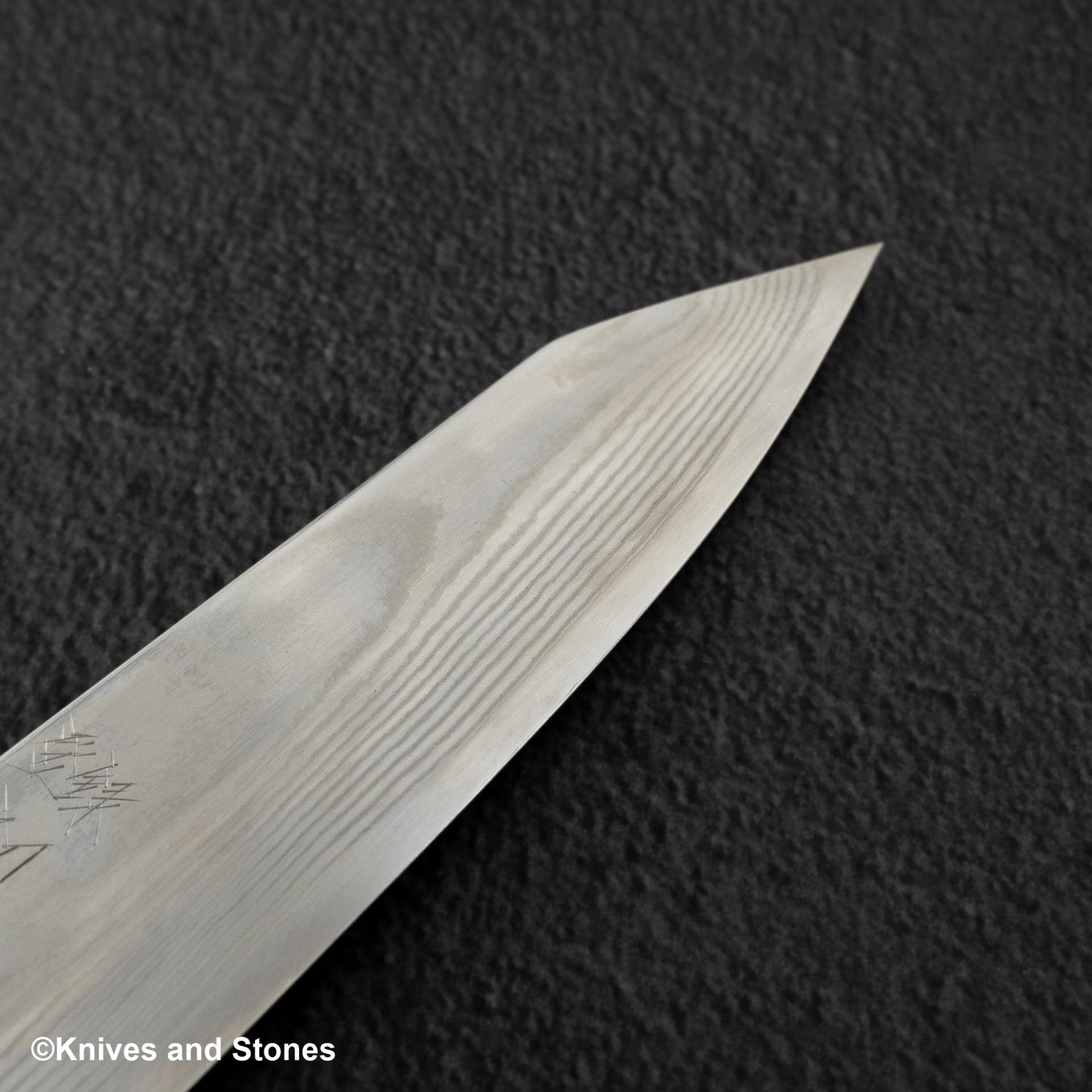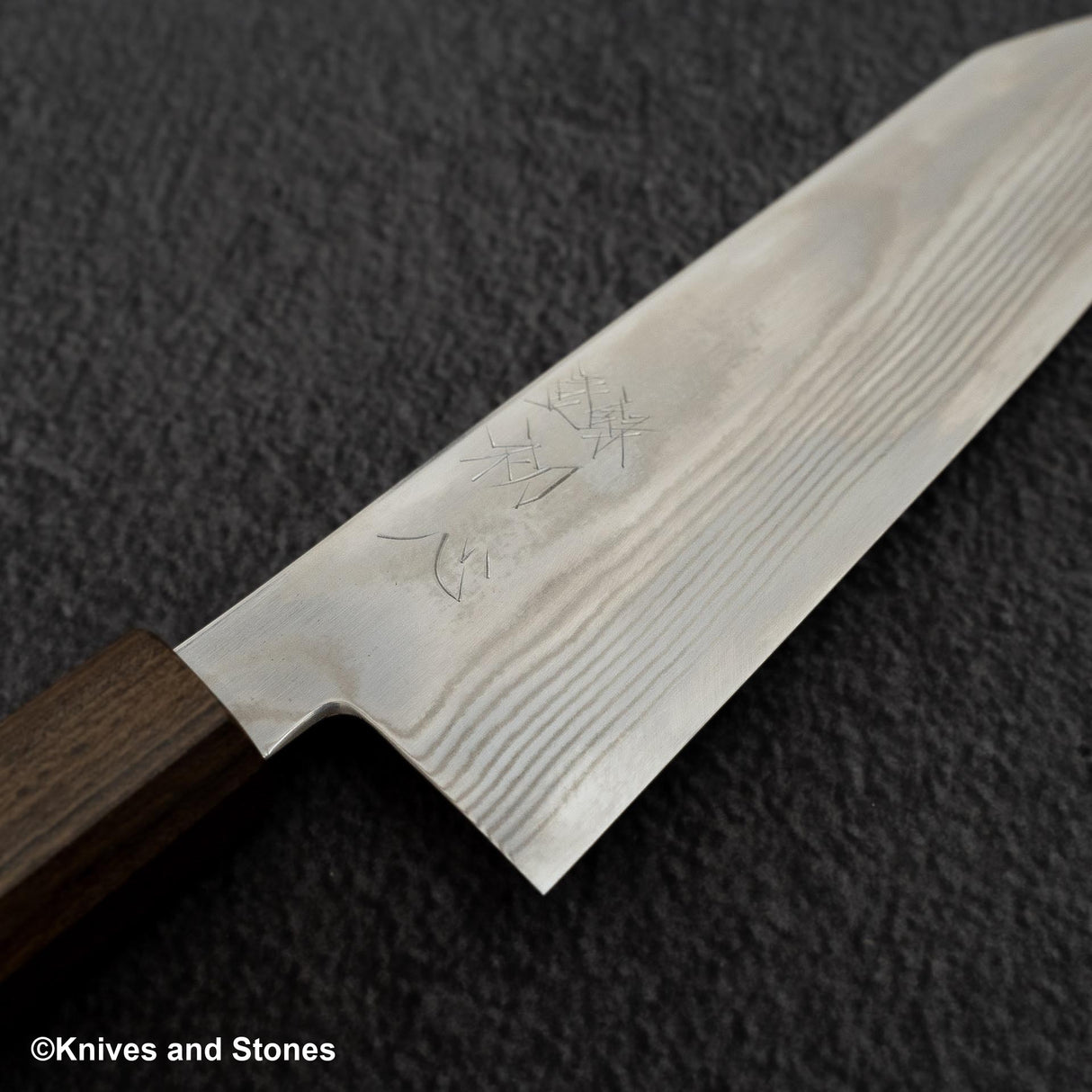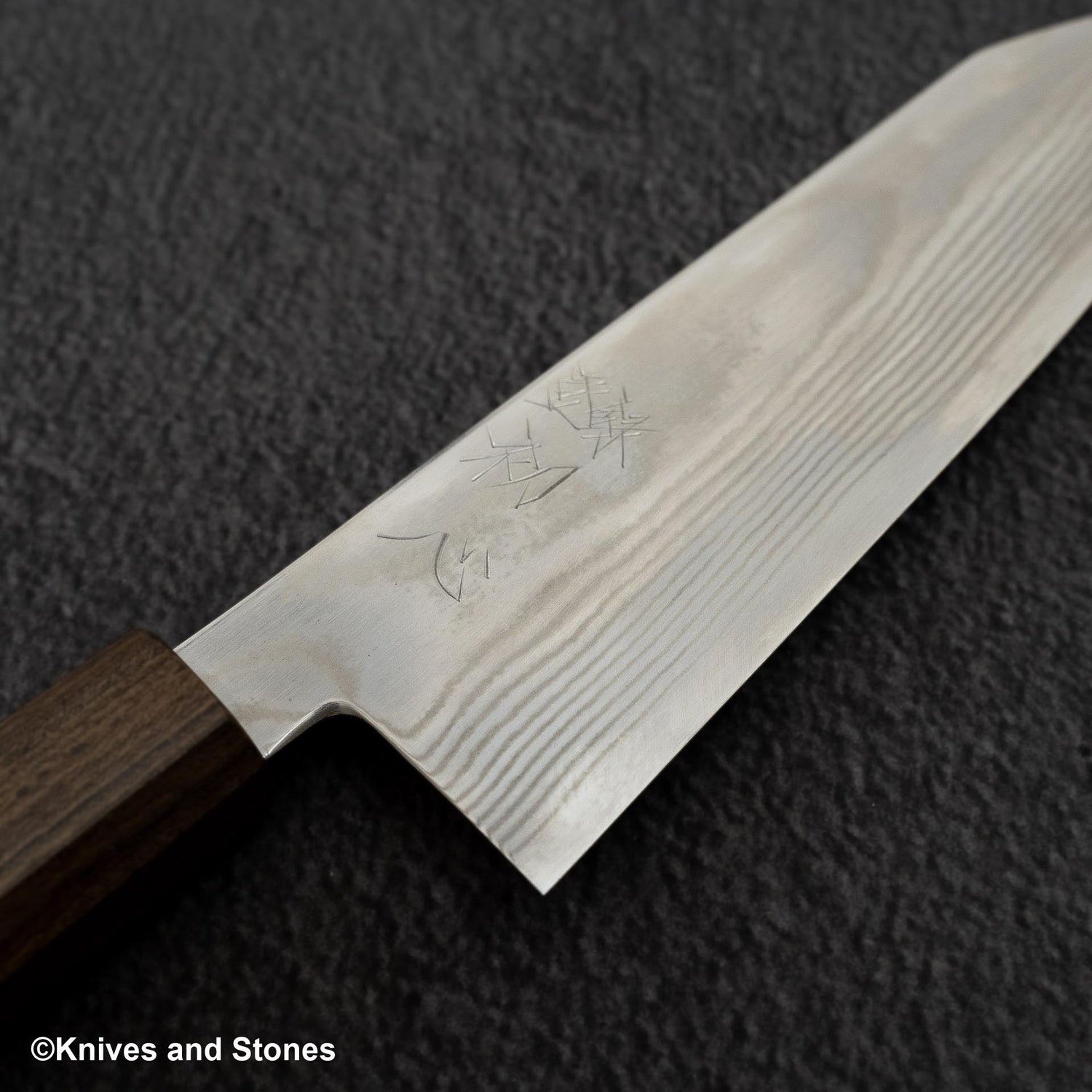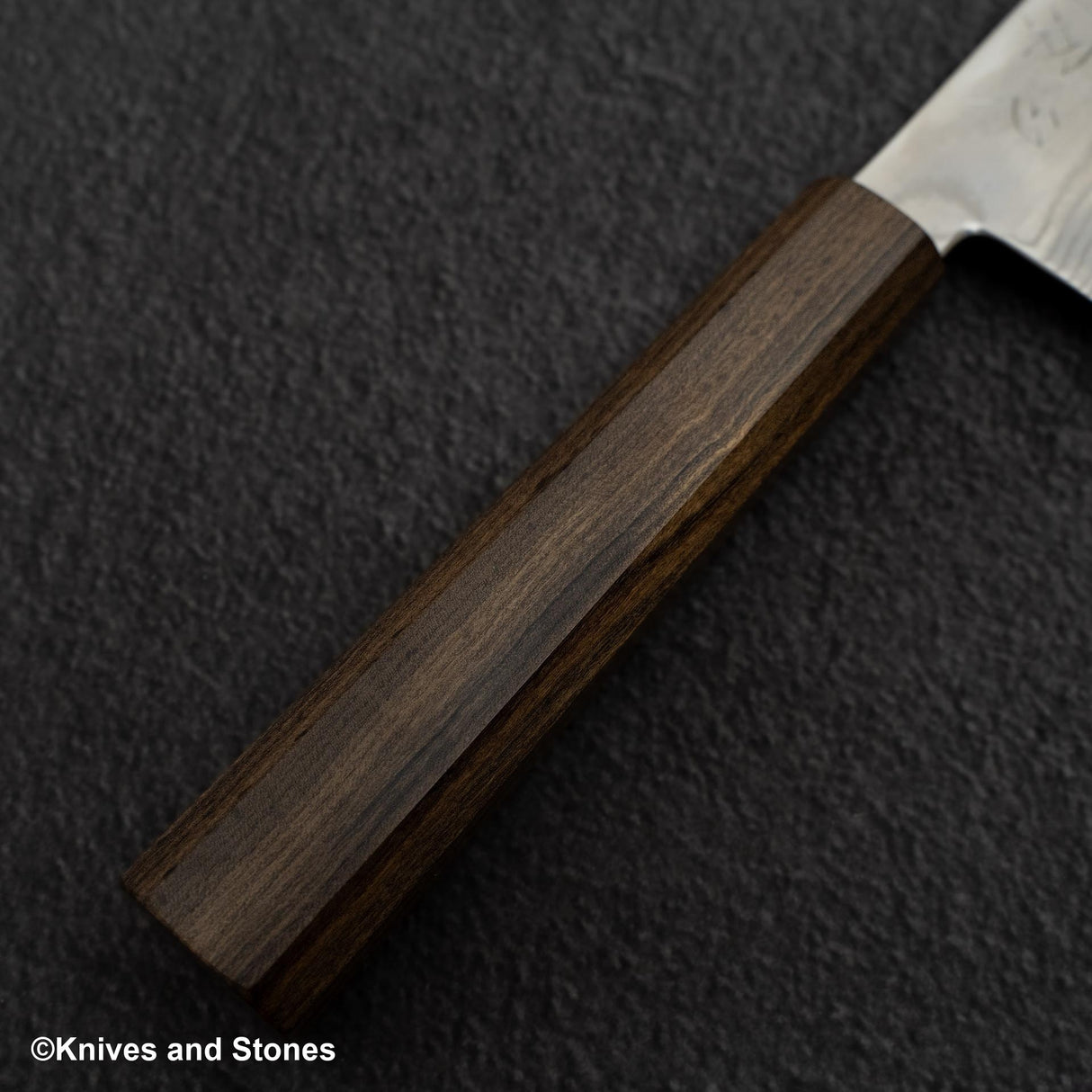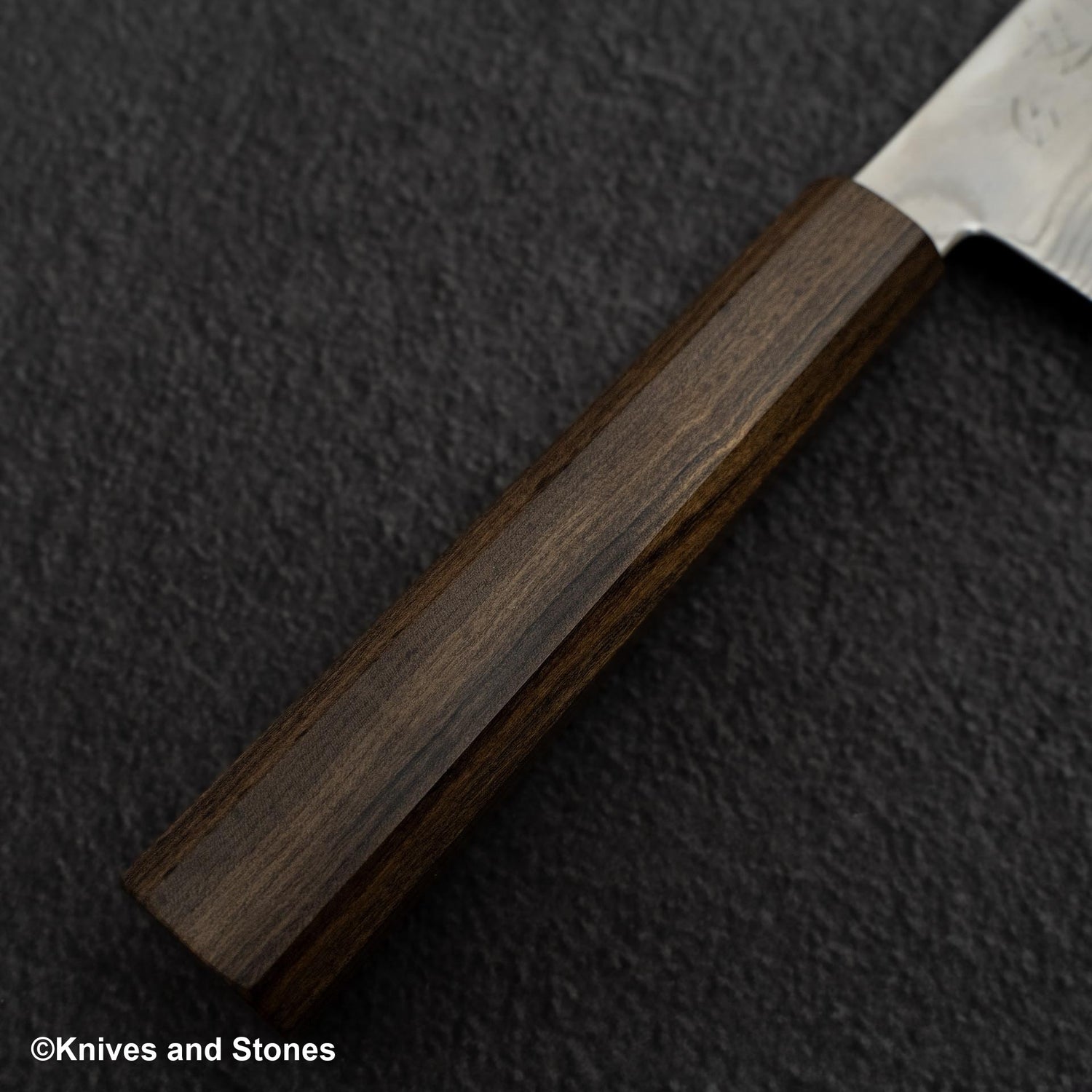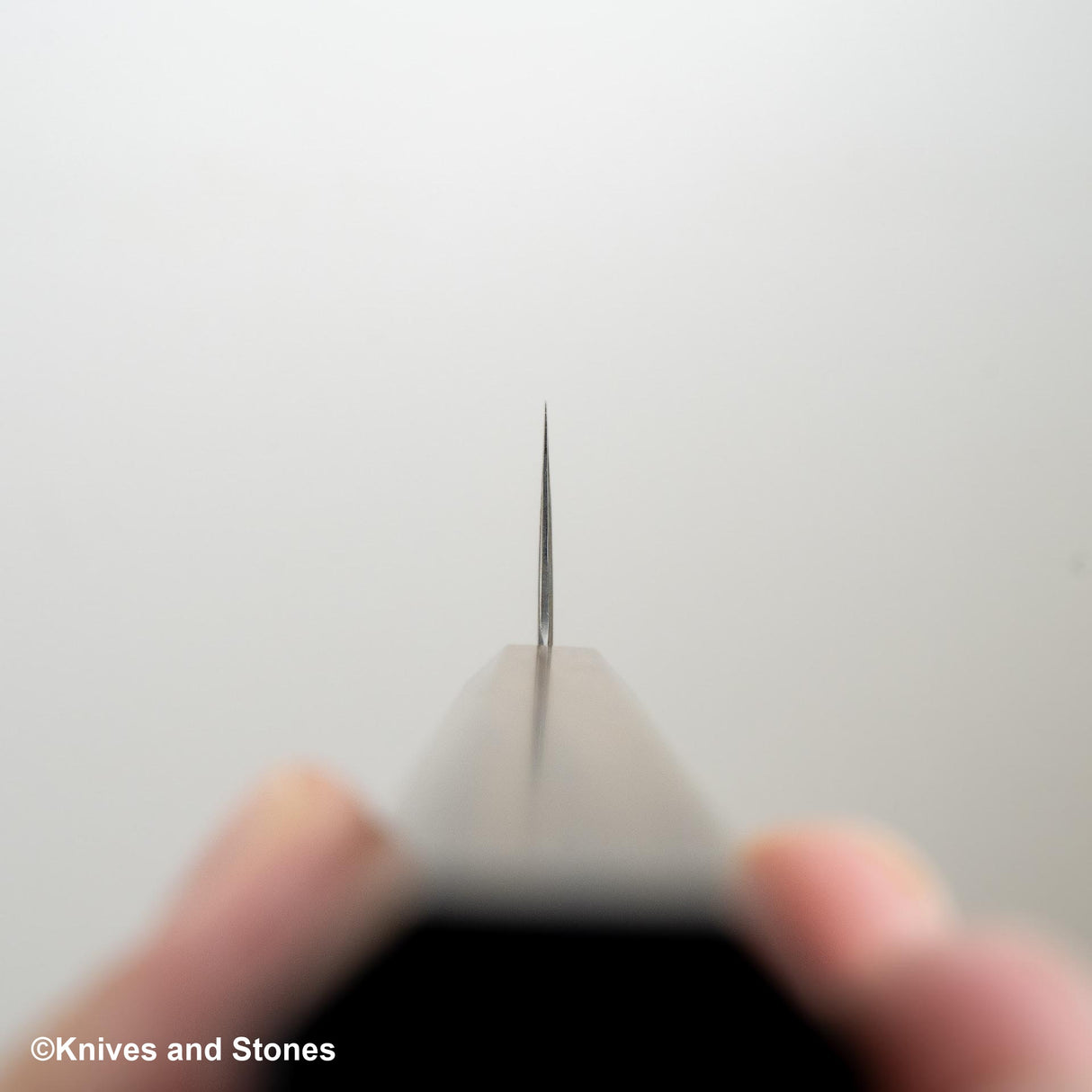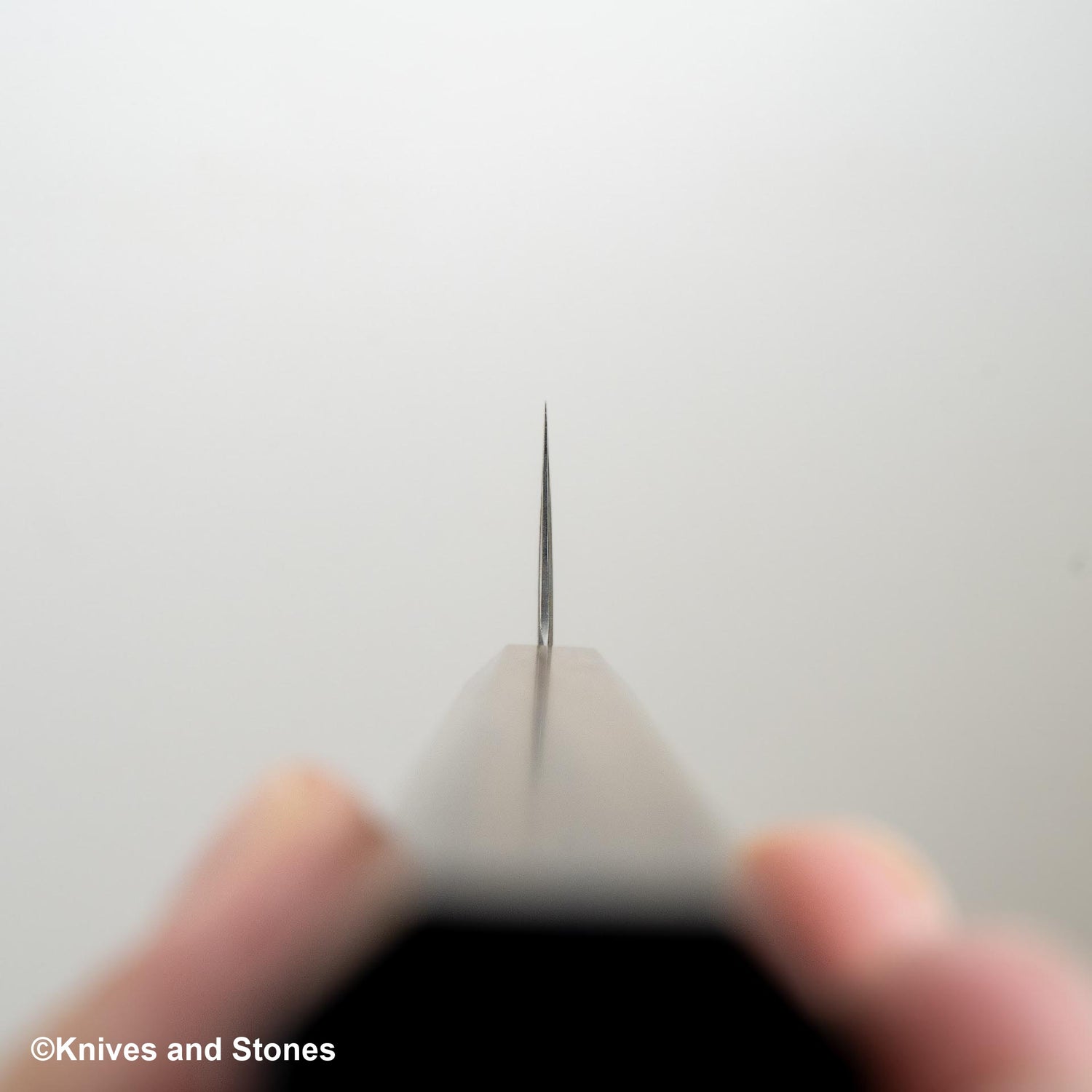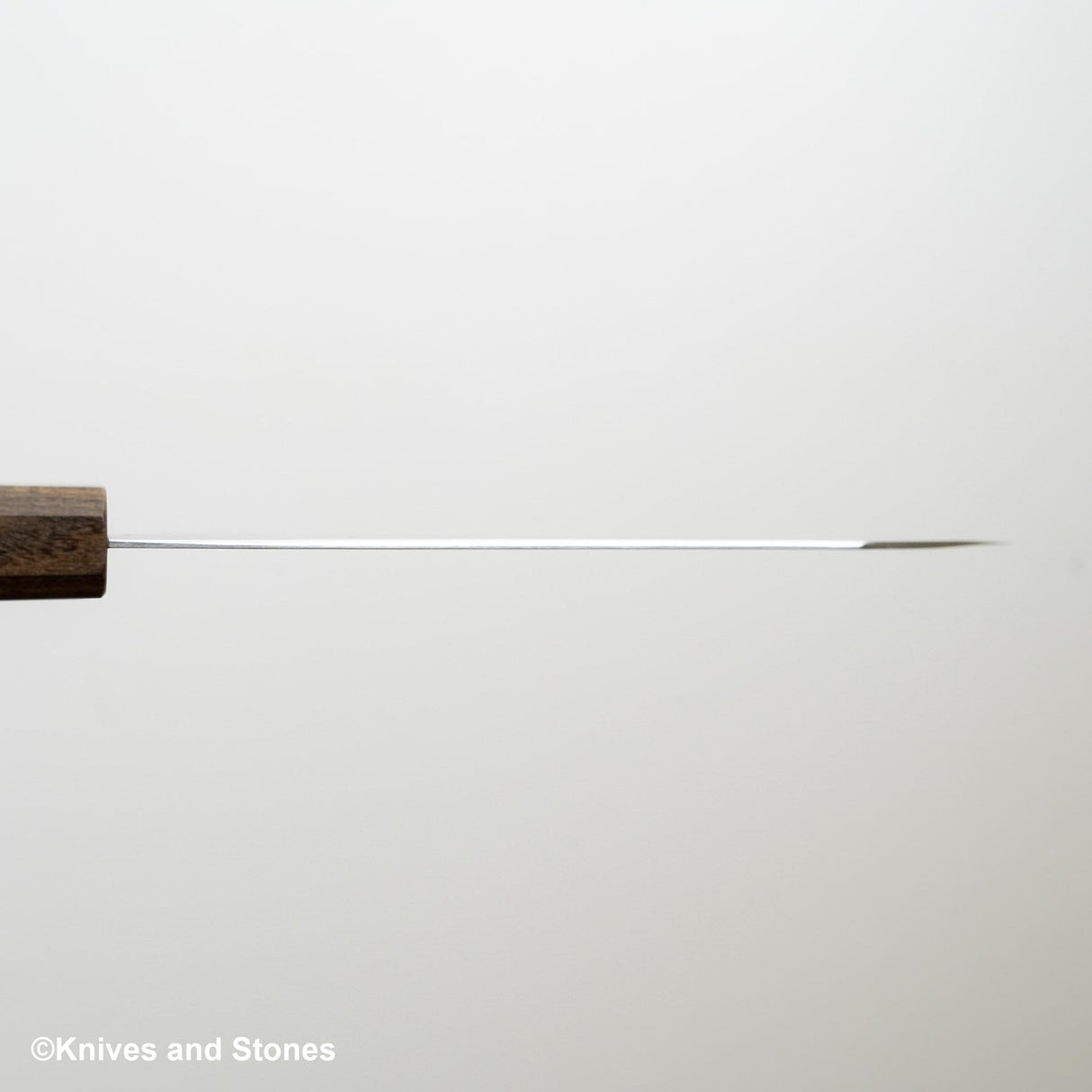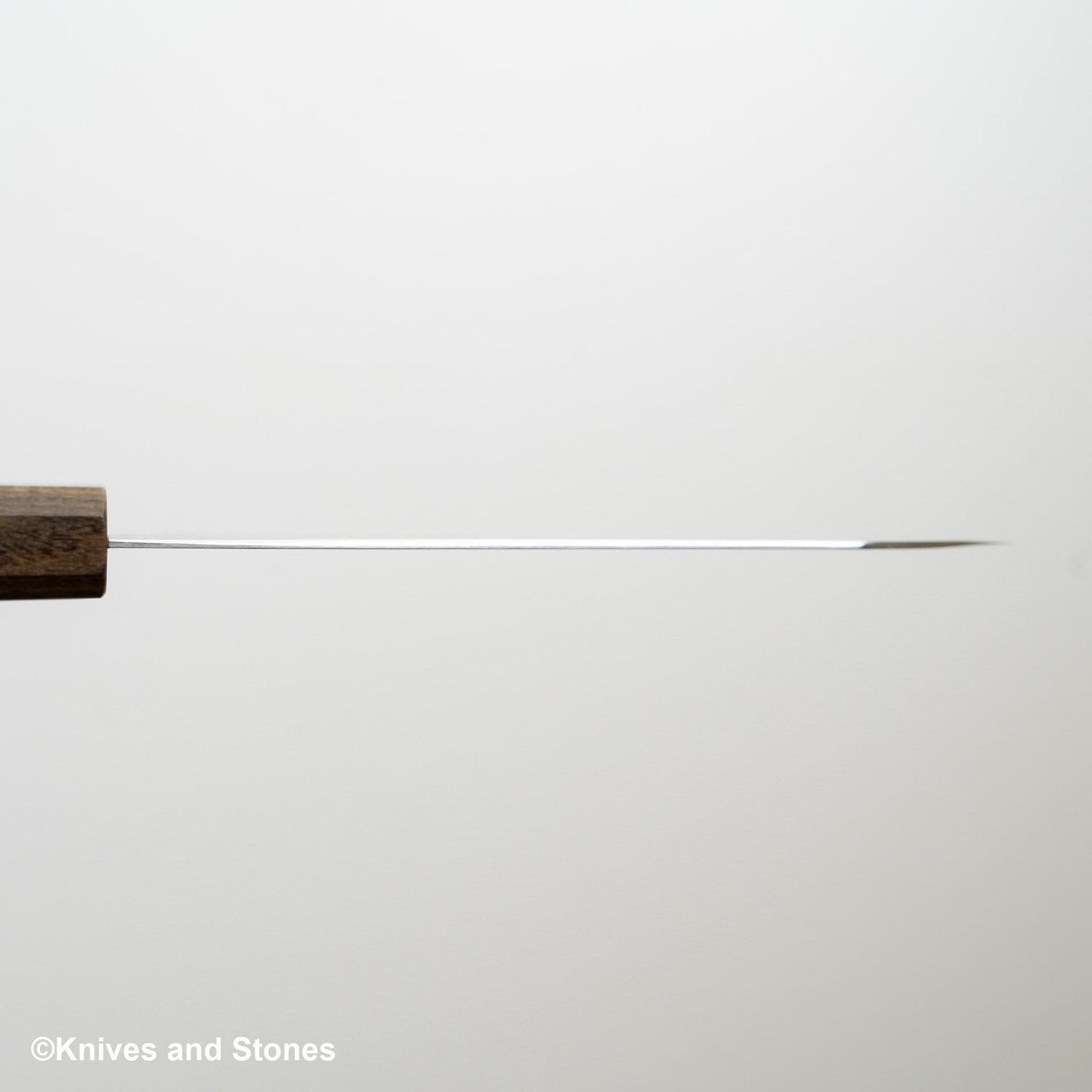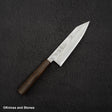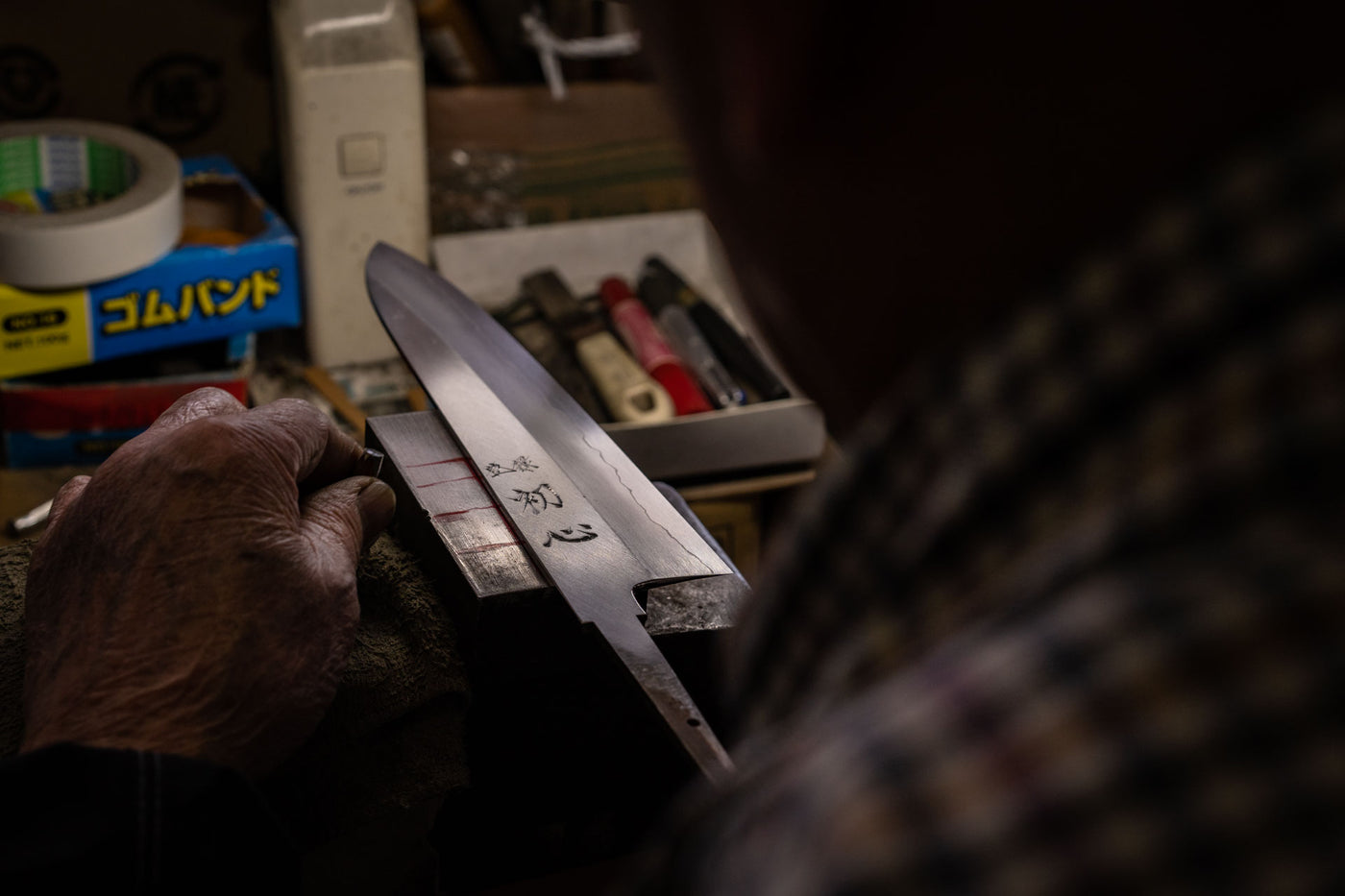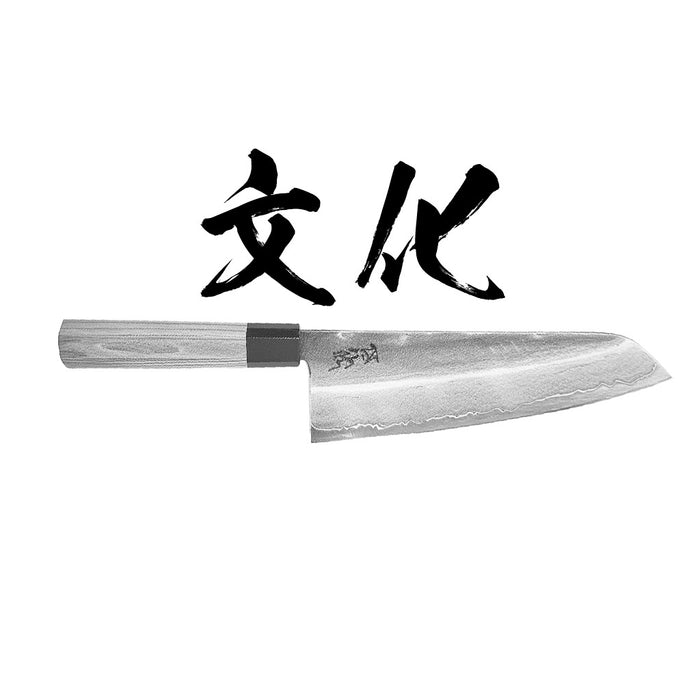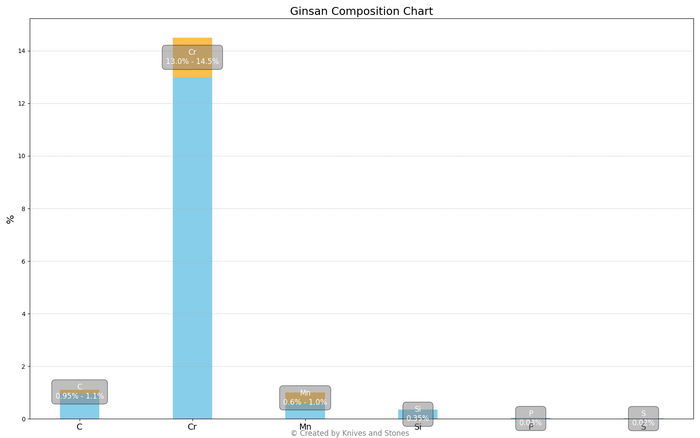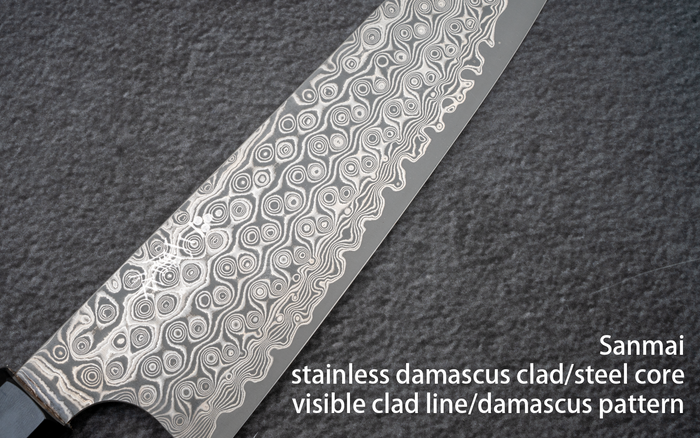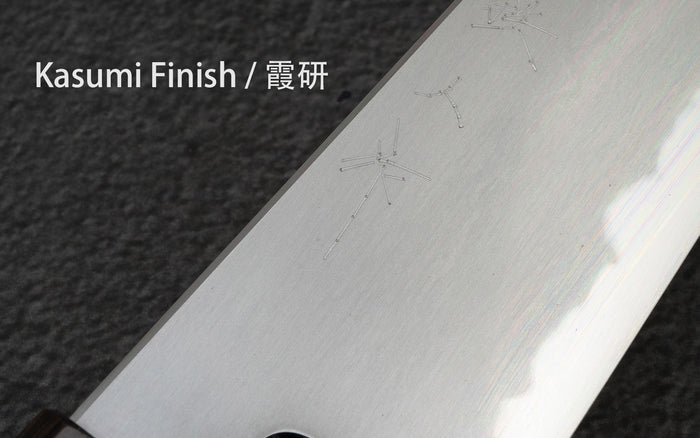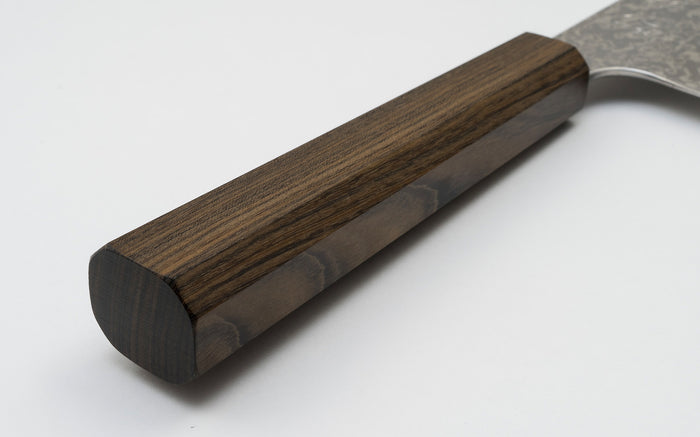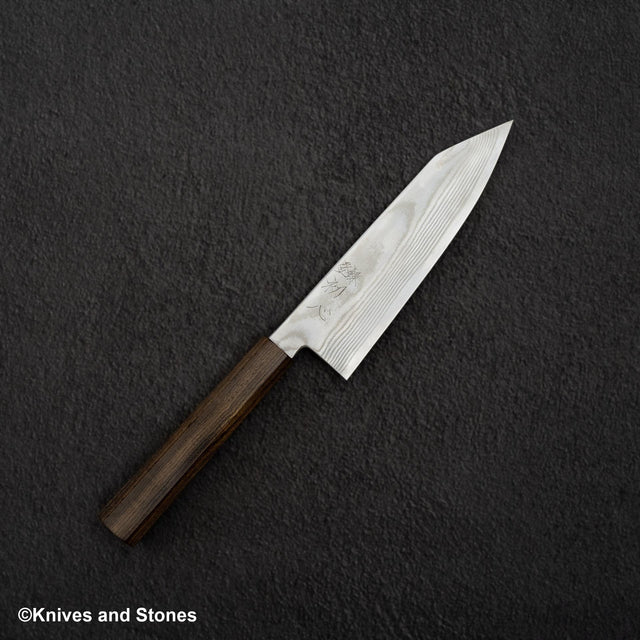Hatsukokoro Ginso Ginsan Nickel Damascus Bunka 180mm Black Chacate
Hatsukokoro Ginso Ginsan Nickel Damascus Bunka 180mm Black Chacate is backordered and will ship as soon as it is back in stock.
Couldn't load pickup availability
Detailed Specifications
| Line | Hatsukokoro Ginso Ginsan Damascus |
| Profile | Bunka |
| Bevel Type | Double Bevel |
| Weight | 130 g 4.59 oz |
| Edge Length | 173 mm .6.81 inch |
| Heel Height | 47 mm .1.85 inch |
| Width @ Spine | 1.8 mm 0.07 inch |
| Width @ Mid | 1.7 mm 0.07 inch |
| Width @ 1cm from Tip | 0.5 mm 0.02 inch |
| Steel | Ginsan / Silver #3 | Stainless |
| Blade Construction | Sanmai - Stainless Damascus Clad |
| Hardness (HRC) | 60 - 62 |
| Surface Finish | Kasumi |
| Handle | Octagonal Black Chacate |
| Region | Hyogo |
| Best for |
|

| Pros | Cons |
|
|
|
Care Instruction
- Don't cut hard things! Japanese knives are brittle so bone hacking is a NO NO!
- Wash with neutral detergent after use, and wipe dry;
- Please don't wash knife with dishwasher, it will damage the wood handle;
- Be careful not to leave the knife close to a heat source for a long time;
- It is a lot more dangerous to cut with a blunt knife than a sharp knife!
- It is best to sharpen a Japanese knife regularly on a waterstone.

